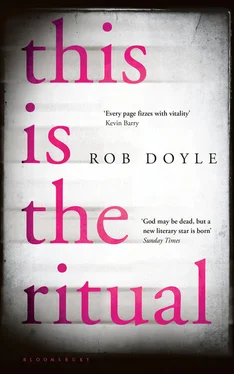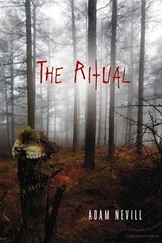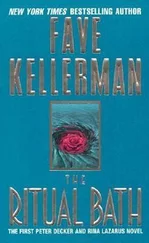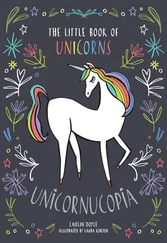When he finished saying all this, Passolet looked intently into my eyes — I felt a pleading, a desperation, as if he needed me not only to understand all this, but to affirm him in it: otherwise the whole edifice would crumble. If no one else could see virtue in his self-humiliation, he would be forced to confront an image of himself so stark, so pathetic, that the very sight of it would finish him off. But I didn’t believe him; he couldn’t convince even himself that he wasn’t separate, wasn’t alone, that his misery had some deeper significance.
Still he was peering into my eyes, pleading wordlessly.
I had to look away.
I didn’t ask any more questions. Briskly I thanked Passolet and got up to leave. ‘Yes, very good. I have talked too long,’ he murmured, looking down, the confidence drained from his tone. The spell was broken; it was clear he regretted saying all he had said. Strangely, I now found myself wanting to linger there, to intensify his discomfort. I looked him in the eyes and imagined myself fucking Jacqueline, raping her over the sink while Passolet writhed in his chair, impotent and hateful. I wanted to dash his skull against the wall.
In the hallway, I stood by the door and shook Passolet’s hand. I heard my own voice sounding coldly formal as I said goodbye. I left him on the doorstep, eyes turned to the ground, muttering again to himself.
Driving back to London, I already knew that I would not write the article about Passolet. I regretted having gone out there at all, though the cruelty that had welled up in me now subsided, leaving a residue of shame. Better to let the world’s indifference bury him out there, I thought then; better to let him fade away, unmourned and unnoticed.
For a long time afterwards, I loathed Passolet. I told myself that his books meant nothing to me any more, felt no urge to put anything of him down on paper. I moved on from Passolet in the kind of brutal vanquishing we must inflict on our idols if we are to become what we are. It is only now, with Passolet dead, that my feelings towards him have changed, have relented. His body was found four months ago in his East London flat, badly decomposed, by a Romanian family living on the same floor. He had sat there for weeks, his starving cat chewing the flesh from his face and hands. I have no idea what became of his Jacqueline.
I don’t know if I will ever read Passolet again, if I could re-experience the fervour his words ignited in me when I was young. Perhaps the most I can do to honour Passolet is strive to fulfil what he himself called the sole duty of the artist and the writer: to bear witness to the horror, and to the magnificence.
Thanks are due to the following people: Alexa von Hirschberg and her colleagues at Bloomsbury; Antony Farrell and his staff at Lilliput Press, especially Daniel Caffrey; Sarah-Jane Forder; Brendan Barrington; Dave Lordan; Alice Zeniter; Simon Kelly; and all those who generously took the time to read and comment on these stories at the various stages of their development.
The author gratefully acknowledges the support of the Arts Council of Ireland. Stories from this collection have previously been published in the Dublin Review, gorse , the Stinging Fly , the Penny Dreadful, Penduline, Décapage and Dalkey Archive’s Best European Fiction 2016 .
‘Outposts’ contains phrases snatched, often in truncated and/or altered form, from a variety of sources, including dreams, memories, Colm Tóibín, radio, Tõnu Õnnepalu, Georges Bataille, James Salter, television, Blaise Pascal, Desmond Hogan, conversations with patients at Saint Senan’s, German Sadulaev, Roberto Bolaño, Virginia Woolf, Edmond and Jules de Goncourt, conversations overheard (or misheard) on the train between Rosslare Europort and Wexford town, E.M. Cioran, news websites, Yi Kwang-Su, James Joyce, Peter Coyote, Fyodor Dostoevsky, graffiti in a ghost estate on the Wexford coast, Georges Simenon, Albert Camus, Samuel Beckett, chants heard at a football match in Palermo when I hadn’t slept in days, William Burroughs, Killian Turner, Andrei Tarkovsky, an abandoned novel set in Bangkok, my old notebooks, and Aka Morchiladze.
Rob Doyle’s acclaimed first novel, Here Are the Young Men , was published in 2014 by Bloomsbury and the Lilliput Press. It was chosen as a Book of the Year by the Irish Times, Independent, Sunday Times and Sunday Business Post , and shortlisted in the Best Newcomer category for the Bord Gáis Irish Book Awards. Rob Doyle’s fiction, essays and reviews have been published widely.












